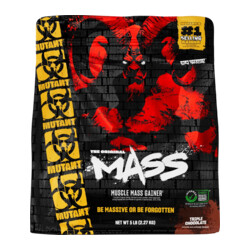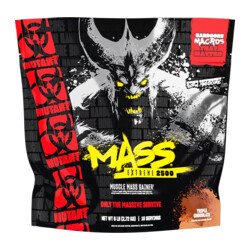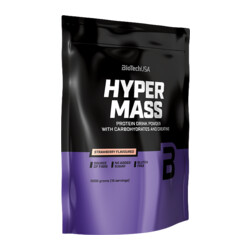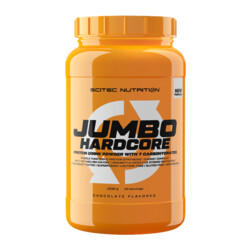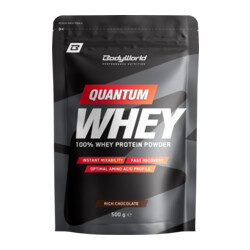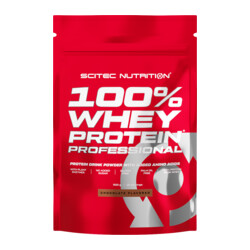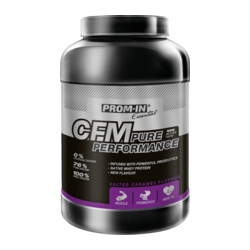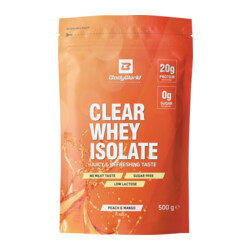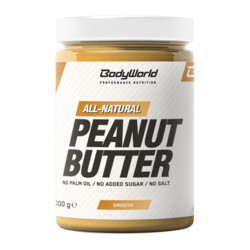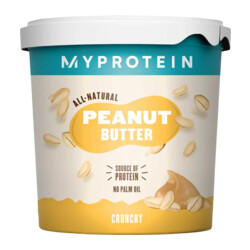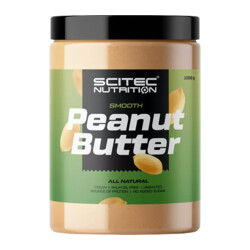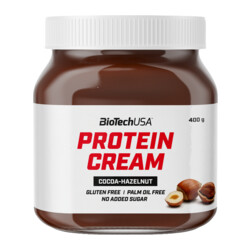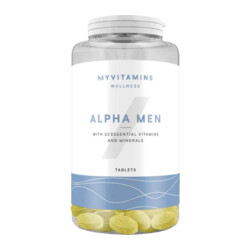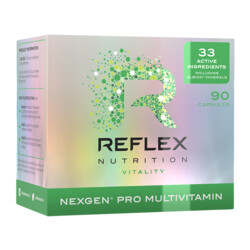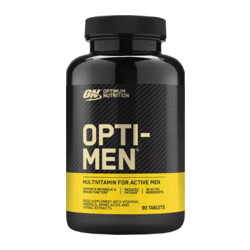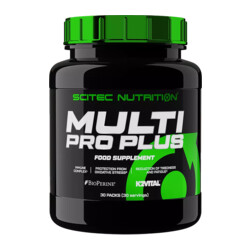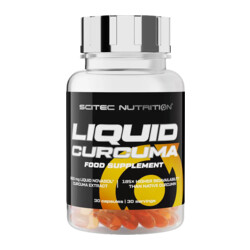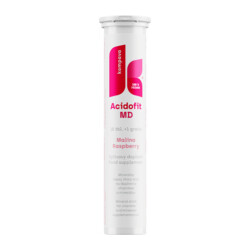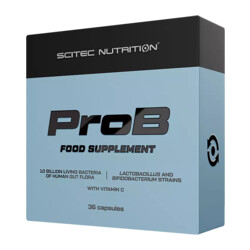Gain Weight
- Fast shipping
- 3000+ products in stock
- 1.000.000+ customers
Basic rules you should follow

Training
Training to build muscle mass should consist of compound and isolated exercises. Exercises should be performed at full range of motion and at a slower tempo so that there is sufficient mechanical tension in the muscle, sufficient muscle fatigue and the muscle is well "felt". Generally the number of repetitions is recommended in the range of 6-15 repetitions per set and 4-8 sets per exercise. You should train at least 3 times a week and train each muscle group at least 2 times a week.
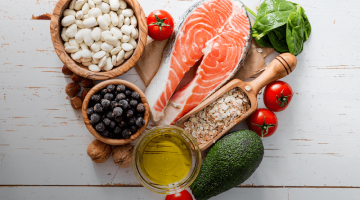
Food
A calorie surplus involves consuming more calories than you burn lead to weight gain in the form of muscle or fat. The total daily protein intake is generally recommended to be 1.6 – 2 g per kg of bodyweight. The ideal way is to track the intake of protein, carbohydrates and fats, for example through applications or use ready-made menus. The food should be rich in protein and should contain a lot of fresh vegetables. Individual portions divided regularly throughout the day, including a sufficient drinking regime.
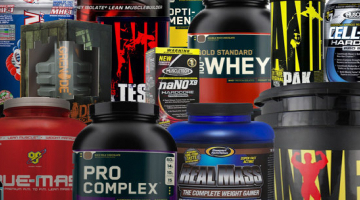
Supplements
Nutritional supplements suitable for muscle growth should mainly help to ensure adequate protein intake, increase energy intake and energy supply during training. Creatine is a very popular nutritional supplement and the head verified by many scientific studies. Creatine allows you to train longer, more intensely and handle a larger training volume. Preparations to support natural testosterone production are also very popular.
Caloric Intake Increase
Adequate caloric intake is the basis for gaining muscle mass. The body needs energy for muscle growth. Caloric intake is increased mainly by carbohydrates and fats, which are an essential component of these products. In addition to carbohydrates, they also contain proteins, which are the basic building blocks for muscles.
Protein Intake
If the body doesn't get the required protein amounts, then the muscles have nothing to grow from. Total protein intake, including dietary protein intake, is generally recommended to be 1.6 – 1.8 g per kg of bodyweight and should be distributed evenly throughout the day. The liquid form is easy to digest, suitable especially after training, and gets into the body faster than a solid diet.
Nut Butters
These healthy and very tasty butters can be eaten alone or added to sheikhs, oatmeal or as a pancake filling. They contain high amounts of protein and healthy fats. If it is necessary to increase caloric intake, they are a very good source of calorie intake as they have a high caloric density. On the contrary, with reduction diets, care must be taken when using them, because thanks to them, a person can easily exceed their daily caloric limit without providing all the necessary macronutrients.
Vitamins & Minerals
Every body needs vitamins and minerals to function properly and they are very important for achieving sports goals. Many of them are found in a varied and balanced diet. In case of insufficient intake of vitamins and minerals from the normal diet, it is appropriate to supplement them with nutritional supplements.
Digestion Support
Various digestive enzymes and probiotics designed to support the functions of the digestive system. The goal is to help the body digest proteins, carbohydrates and fats and to ensure the good health of our digestive tract so that it can use the nutrients supplied from the diet as efficiently as possible.

